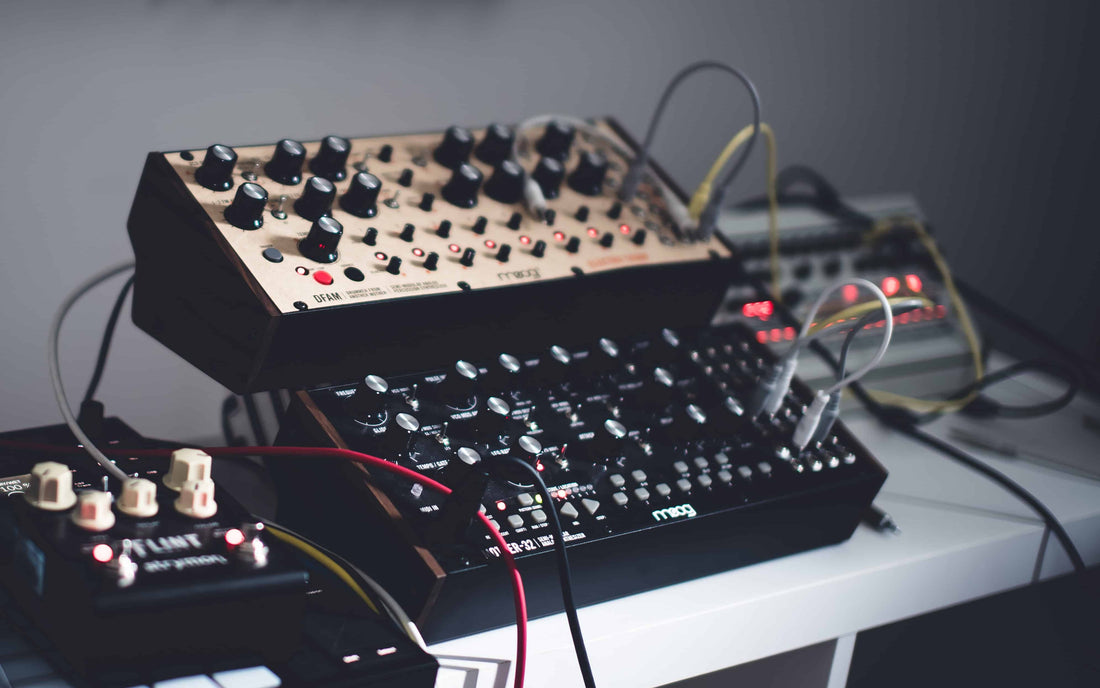
How to Start Licensing Your Music - Music Licensing 101
Share
Music licensing and clearance can be confusing. And if you are an artist, you will be better off if you understand how it works. Learn music licensing for yourself and work with your manager and lawyer if you have one. You will need their help. Let's get started by going over what music licensing is, why it's needed and the six music licenses you should know. 👇
What is Music Licensing?
You can think of music licensing in two distinct ways. First, it is the legal way to gain access to a copyrighted work and use it for gain in a specific type of medium. Want a specific piece of music in your film? You will need a specific type of music license to do that. (We will go over the most important music licenses below.) Second, the artist and creator use licensing to get paid for letting a third party use their work. Once the third party has a license, they can then use that copyright in whatever way they licensed it. Long story short, you have to pay to use that work. Copyright owners get paid both upfront licensing fees plus future royalty streams.
What is a music license? It's a legal and documented way to use a piece of intellectual property in a specific medium. For example, you could land a sync contract for a commercial that airs for the next six months. The license will include specifics on advertising placements and length of song.
What is getting licensed?
A better question might be "what is a song"? Most people think of a song as a piece of audio they listen to for a few minutes. The real answer is trickier than that. But a song is many things; it can be sheet music, a live performance, a cover song. We will talk about master recordings though. These are the original versions of a recorded song. Kate Bush wrote and recorded a song called "Running Up that Hill" that is in a scene from Stranger Things 4. She also owns the publishing rights for her music. When Netflix wanted to use it, they had to negotiate the license with her and her team.
Who owns what?
This is part where things start to get tricky. Music licensing is much easier when the artist owns both the master and publishing. But this is not how it works most of the time. Popular artists are usually signed with major record labels and publishing companies. The record label owns one part of the copyright, the master. And the publishing company owns the other part of the copyright, the publishing. When there is a request for a music license, all owners of the copyright must be contacted to approve the contract. As you can see, there are definitely benefits to owning everything.
How do I get paid from music licensing?
Payments are an upfront fee called the sync fee. The music licensing fee goes to both the owner of the master recording and the publisher. The fee can be negotiated and will always depend on how much leverage the artist will have. The more popular and in demand a song is, the higher the fee the artist commands. This is for the sync fee though..
Performance royalty collection happens once the song is broadcast. The organizations that collect these royalties call themselves PRO's or Performance Rights Organizations. These PRO's include ASCAP, BMI and SESAC and they distribute royalty payments. You can learn more about their payment schedules on their websites.
Here are six of the most common licenses
4. Public Performance License: The most common form of music licensing that applies, generally, to any broadcast of an artist’s work. Think of when you go shopping in a grocery or retail store. Music playing in the background is still a public performance and needs a license. The PRO's handle all royalty distribution based on per-user basis.
5. Print Rights License: Since this is a specific use case the demand isn't what it used to be. This music license refers to the physical copy of sheet music created for a piece of work by an artist. This is only needed when printed or reproduced copies of the sheet music.
6. Theatrical License: A music license needed only with works performed on-stage and in front of an audience. The theater industry makes general use of these licenses
